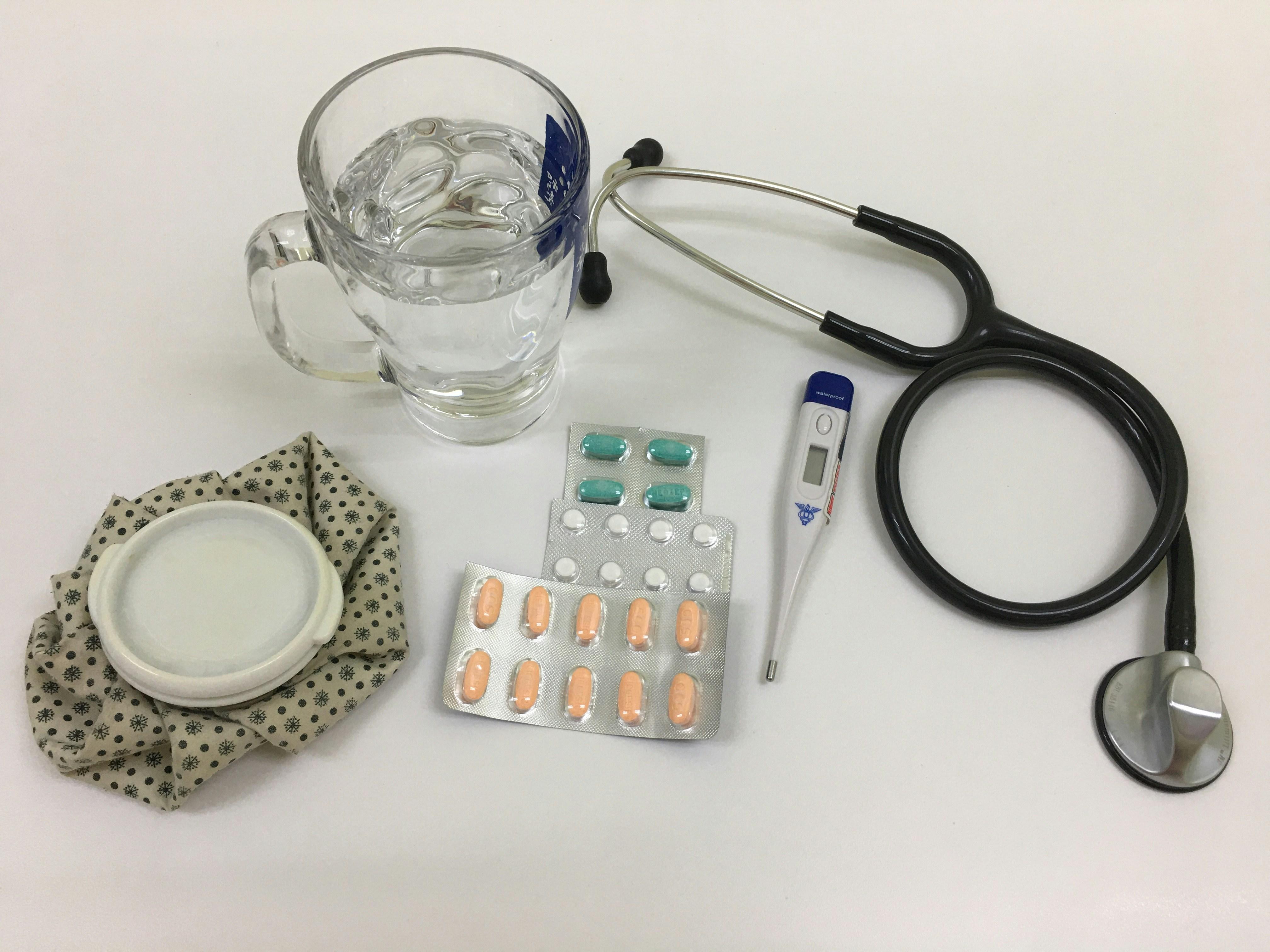Navigating the labyrinth of diabetes management often feels like a delicate balancing act, where medication plays a pivotal role in maintaining health and vitality. Yet, as with any potent remedy, these life-saving drugs can come with their own set of challenges: side effects. These unintended companions can range from mildly inconvenient to severely disruptive, threatening to tip the scales of well-being. In this article, we embark on a journey to demystify the art of managing medication side effects for diabetes. With practical insights and expert advice, we aim to empower you to regain control, ensuring that your path to health remains as smooth and steady as possible. Whether you’re newly diagnosed or a seasoned veteran in the diabetes community, this guide offers valuable tools to help you dance gracefully through the complexities of treatment, keeping your health in check and your life in balance.
Understanding Common Side Effects and Their Impact
When managing diabetes, understanding the side effects of medications is crucial to maintaining overall health and well-being. Many individuals experience side effects, which can range from mild to more severe, and knowing how to identify and address these can significantly impact your quality of life. Common side effects of diabetes medications include:
- Hypoglycemia: Low blood sugar levels can cause dizziness, sweating, and confusion.
- Digestive Issues: Symptoms like nausea, vomiting, and diarrhea are often reported.
- Weight Gain: Some medications may lead to an increase in weight, which can be concerning for those managing diabetes.
To mitigate these effects, consider adopting strategies such as adjusting your diet, incorporating regular physical activity, and discussing dosage adjustments with your healthcare provider. Remember, the key is to be proactive in monitoring your body’s reactions and seeking guidance when needed to ensure a balanced and effective treatment plan.
Dietary Adjustments to Alleviate Symptoms
Adjusting your diet can play a crucial role in managing the side effects of diabetes medication. Often, these medications can lead to gastrointestinal discomfort, fluctuations in blood sugar levels, and even weight gain. To counteract these effects, consider incorporating foods that are rich in fiber, such as whole grains, fruits, and vegetables, which can help stabilize blood sugar levels and promote digestive health. Additionally, staying hydrated is essential, as some medications may cause dehydration. Drinking plenty of water throughout the day can help mitigate this risk.
- Fiber-rich foods: Oats, lentils, beans, and leafy greens.
- Hydration: Aim for at least 8 glasses of water daily.
- Balanced meals: Combine proteins with healthy fats and complex carbohydrates to maintain energy levels.
- Small, frequent meals: Helps in preventing sudden blood sugar spikes or drops.
Moreover, it’s important to pay attention to how your body reacts to different foods. Some individuals may find that certain foods exacerbate side effects, while others might provide relief. Keeping a food diary can help you track and identify any patterns, allowing you to make informed adjustments to your diet. Consulting with a nutritionist who understands diabetes can provide personalized recommendations tailored to your specific needs.

Incorporating Exercise to Minimize Discomfort
Engaging in regular physical activity can be a powerful ally in reducing the discomfort associated with diabetes medication side effects. Exercise not only enhances insulin sensitivity but also aids in alleviating common side effects such as weight gain and fatigue. Consider incorporating a variety of activities into your routine to keep things interesting and effective. Here are some ideas:
- Walking: A simple yet effective way to get moving, improve circulation, and boost your mood.
- Strength Training: Helps build muscle mass, which can improve glucose metabolism and combat weight gain.
- Yoga: Aids in stress reduction and flexibility, providing relief from muscle aches and promoting overall well-being.
- Swimming: Offers a low-impact, full-body workout that is gentle on the joints and invigorating for the body.
By tailoring your exercise regimen to your preferences and capabilities, you can effectively mitigate side effects while enhancing your overall health. Always consult with your healthcare provider before starting any new exercise program to ensure it aligns with your medical needs.

Consulting Healthcare Professionals for Tailored Solutions
When it comes to managing medication side effects for diabetes, consulting healthcare professionals is crucial for crafting individualized strategies. These experts can offer insights that cater to your specific needs and lifestyle. They may suggest alternatives or adjustments to your medication regimen, aiming to minimize side effects while maintaining effective diabetes management.
- Personalized Medication Plans: Healthcare providers can adjust dosages or switch medications to better suit your body’s responses.
- Monitoring and Feedback: Regular check-ins with your healthcare team help track side effects and adapt strategies accordingly.
- Dietary Adjustments: Tailored nutrition plans can mitigate side effects and improve overall health.
- Support Systems: Engaging with support groups or counseling may provide additional coping mechanisms for managing side effects.
By collaborating with healthcare professionals, you can explore these options and more, ensuring a comprehensive approach to managing your diabetes effectively.








